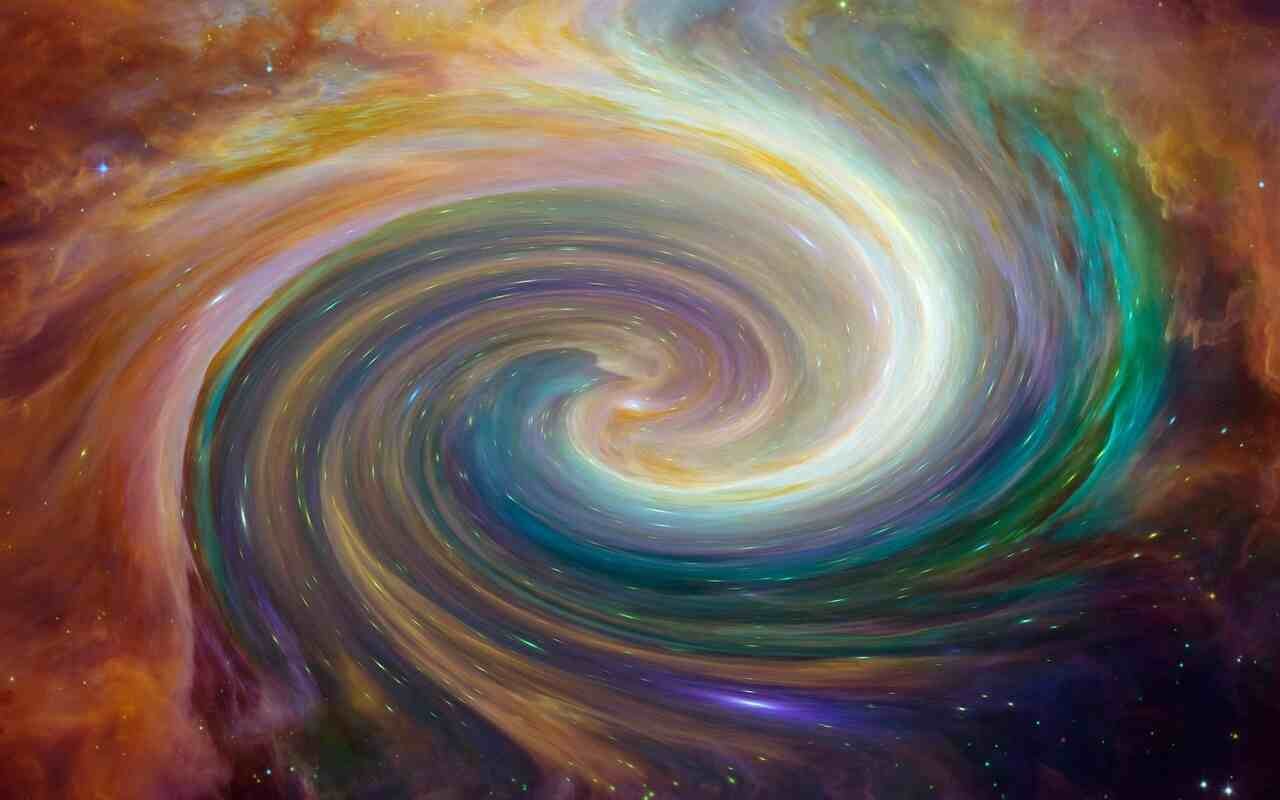The Extraordinary Journey: A Man Who Became God
Prepare to be mesmerized as you delve into the legend of a mere mortal who defied fate and transformed into a god, shaping the course of history forever in Man Who Became God. Step into a world of wonder, where the boundaries of humanity are shattered, and legends are born. Are you ready to witness this extraordinary saga?
In the annals of history and mythology, tales of mortals ascending to godhood have captivated the human imagination for millennia. While such narratives often remain confined to the realm of legends and folklore, some intriguing instances in various cultures suggest that individuals have been believed to attain god-like status.
Apotheosis (deity concept)
The concept of apotheosis (deity concept), the process of becoming a god or divine being, can be traced back to ancient civilizations. Stories of exceptional individuals who, through their deeds or mystical experiences, were thought to transcend the boundaries of humanity and ascend to the divine sphere, are prevalent in mythology and religious texts worldwide.
One of the most prominent examples comes from ancient Egypt, where Pharaohs were considered living gods. The Pharaohs were not only political and religious leaders but were also believed to be the earthly manifestations of gods, bridging the gap between mortals and the divine. Their ascension to godhood was often cemented through grand funerary rituals and the construction of elaborate tombs, such as the awe-inspiring pyramids.
In Hinduism, there is the concept of avatars, where deities are believed to take on mortal forms to accomplish specific missions or maintain cosmic order. This blurring of the lines between human and godly attributes exemplifies the idea of individuals crossing the threshold into the divine realm.
Hinduism – History, Hindu God, Shiva, Mythology, Spirituality and Worship
Beyond mythology a man who became God
Beyond mythology, there are historical figures whose extraordinary achievements and influence led to the perception of god-like powers. In ancient Rome, Julius Caesar was deified posthumously, as his life and accomplishments were revered to the point of considering him a god among men.
Similarly, various religious figures have been revered as divine beings or messengers of higher powers. For instance, Siddhartha Gautama, later known as Buddha, is considered a human who attained enlightenment and became a spiritual guide to millions. Jesus Christ, a central figure in Christianity, is believed to be both fully human and divine, transcending mortal boundaries.
It is essential to recognize that such beliefs and interpretations vary across cultures and religious traditions. While some view these individuals as gods or god-like beings, others perceive them as revered teachers or prophets with a profound spiritual impact on humanity.
The idea of a man becoming a god touches on the universal human desire for transcendence, immortality, and a connection to higher powers. These stories, whether born from myth, legend, or historical admiration, continue to spark fascination and debate in the realms of history, religion, and philosophy.
Examples of figures man who become God
Here are some examples of figures from different cultures and historical periods who have been considered to have become gods or attained god-like status:
1. Julius Caesar:
In ancient Rome, after his assassination in 44 BCE, Julius Caesar was posthumously deified and became known as the “Divine Julius” (Divus Iulius). His influence and accomplishments as a military general and politician led to the belief that he transcended humanity and became a god among men.
2. Pharaohs of Ancient Egypt:
Pharaohs in ancient Egypt held a divine status, seen as the living embodiment of gods on Earth. They were considered the intermediaries between gods and mortals, bridging the gap between the earthly and divine realms. Their tombs, like the Great Pyramids of Giza, were built to facilitate their transition to the afterlife and join the gods.
3. Jesus Christ:
In Christianity, Jesus Christ is regarded as both fully human and fully divine, the Son of God. His life, teachings, and resurrection from the dead have led to the belief that he is the Savior and Redeemer of humanity, making him a central figure in Christianity.
4. Buddha (Siddhartha Gautama):
Siddhartha Gautama, later known as Buddha, was a prince who renounced his privileged life to seek enlightenment. He attained spiritual awakening (nirvana) and became a revered teacher and guide in Buddhism, considered a fully enlightened being.
5. Roman Emperors:
Following the Roman tradition of deifying emperors after their death, many Roman emperors, like Augustus and Trajan, were declared gods and worshipped as divine figures.
6. Hercules (Heracles):
In Greek mythology, Hercules was a mortal hero known for his exceptional strength and bravery. After his death, he was granted immortality and became a god, residing on Mount Olympus with the other deities.
7. Quetzalcoatl:
In Aztec mythology, Quetzalcoatl was a significant deity, believed to be a mortal ruler who achieved god-like status. He was associated with creation, knowledge, and learning.
8. Guan Yu:
In Chinese history and folklore, Guan Yu was a general and warrior during the Three Kingdoms period. His loyalty, righteousness, and military prowess elevated him to the status of a god of loyalty and martial valor in Chinese mythology.
It is important to note that the perception of these figures as gods or god-like beings can vary across cultures and religious beliefs. Some of these individuals may be considered divine beings in one tradition, while in others, they are viewed as historical or mythical figures with exceptional qualities and significant impacts on society and culture.
Conclusion
In conclusion, the concept of a man becoming a god has permeated human consciousness through legends, mythology, and historical beliefs. Whether through the divine status attributed to ancient Pharaohs, avatars in Hinduism, deification of historical figures, or revered religious leaders, these narratives reflect our innate fascination with the possibilities of transcending human limitations and becoming something more extraordinary. As we explore these tales, we gain insights into the diverse cultures, beliefs, and aspirations that have shaped human history and continue to influence our quest for meaning and spiritual fulfillment.
Sources: PinterPandai, Wondrium, Listverse
Sumber foto: spirit111 via Pixabay



